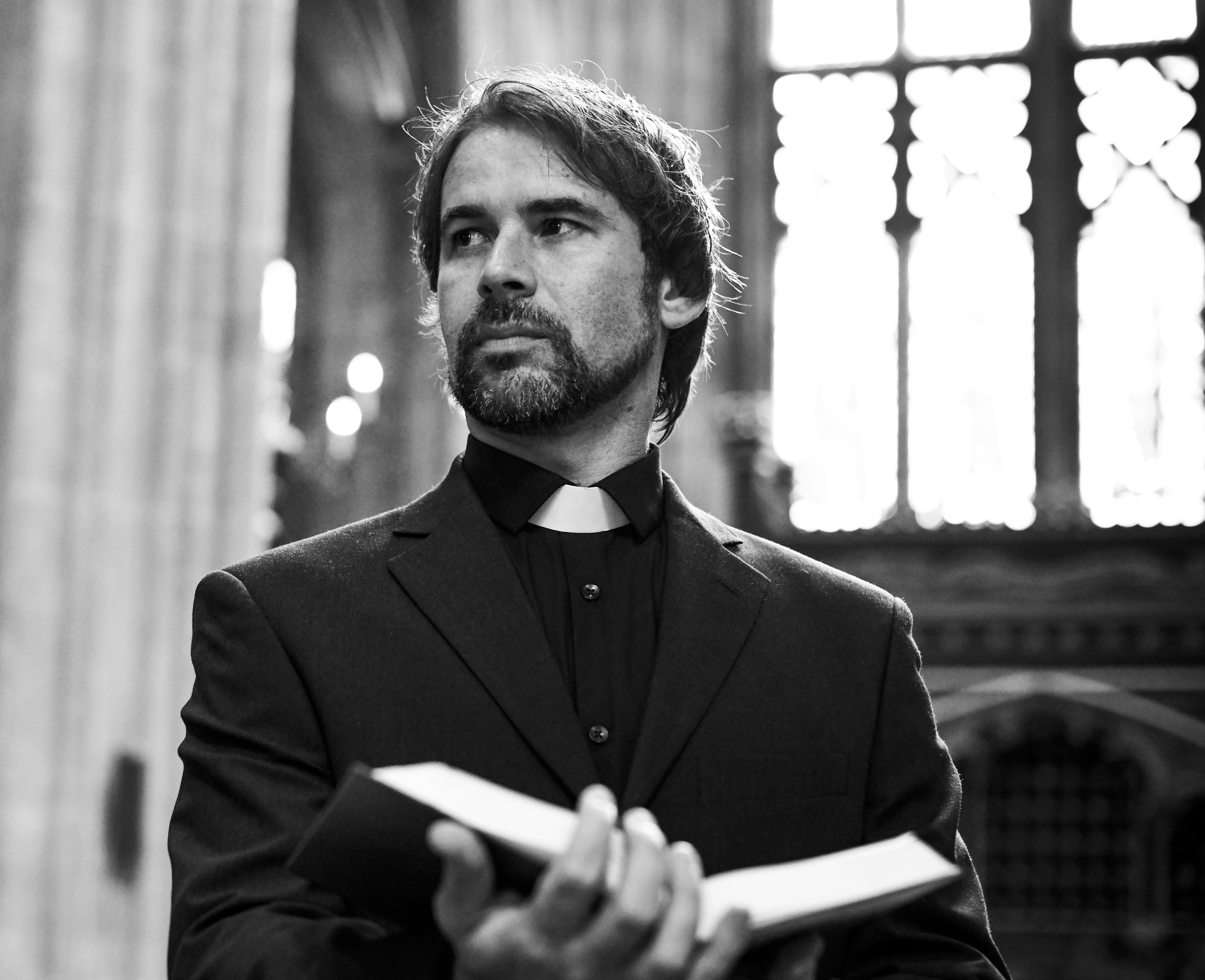
30 May Making Confession, Hearing Confession – Book Review
[vc_row][vc_column][vc_column_text]
Making Confession, Hearing Confession:
A History of the Cure of Souls
AnneMarie. Kidder,
Collegeville: Liturgical Press, 2010
350 pages, $34.94
Reviewed by The Rev’d Dr. Henry L. Thompson III (“Laurie”)
Dean of Doctoral Studies and Administration
Trinity School for Ministry, Ambridge, Pennsylvania
[/vc_column_text]
[vc_separator type=”transparent” position=”center” up=”2″ down=”0″]
[vc_separator type=”transparent” position=”center” up=”3″ down=”0″]In 1979 I began my ministry as a newly ordained priest in the Episcopal Church in a parish outside of Philadelphia. Almost immediately I was confronted with a responsibility for which I had been given no training or preparation in my years of seminary education.
[vc_column_text]
I was told that I would be hearing private confessions at set times during penitential seasons. Somewhat shocked, I turned to my senior pastor and told him that my Evangelical piety and theology had not prepared me for this, and that frankly, I had no idea how to hear confessions. He smiled and said, “You will be on the schedule in a month. I suggest you go and find a confessor that you trust and make your own confession. That is the best training you could get. Good luck. I will check in on you next week and see how you are making out”. Before I could sputter out the words forming in my mind (“We Evangelicals don’t do auricular confession!”) he was gone. I followed his advice and found a wonderful and wise Anglo-Catholic priest who gently guided me ton understanding of the value of sacramental confession and gave me helpful resources for my own disciplines as well as a short essay on different models of confession by Bonnell Spencer, a monk from the Order of the Holy Cross.
Spencer’s essay helped me to see that my caricature of the confessional as a juridical model was one of at least four possible perspectives on why and how one confesses sins to another. Since then, I have been looking for resources that would help me go further in exploring the major historical strands, turning points, theological developments and pastoral practices around the confessional. Many writings on the subject are from narrowly defined Catholic and Protestant perspectives, while others fail to make any connection between a theology of penitence and the pastoral practice of confessing one’s sins. AnneMarie Kidder, a Presbyterian pastor and faculty member of the Ecumenical Theological Seminary in Detroit, has tackled the subject from several angles, thoroughly examining church practice through the ages, arguing that the study of the topic is not an archaic undertaking, (xi) but a multifaceted gem that speaks to contemporary issues of piety.
In the first part of her book she explores the origins of public and private confession in the church, addressing the rising popularity of private confession among the laity and its emerging sacramental status. Priests were encouraged to be both proactive and empathic, and authors such as Halitgar, circa 830 A.D., urged priests to “Be solicitous on behalf of sinners.” (45) The reference to a delightful spread of hagiographies gives insight into how the early medieval church understood the connection between confession, penance and healing. One example is taken from the life of the Irish saint, Brigit, wherein a deceitful mother is caught by her son for attributing parentage to a priest rather than the actual local man. While the villagers want to burn her for her lies, Brigit intervenes and prescribes a penance.
[/vc_column_text][/vc_column][/vc_row]

